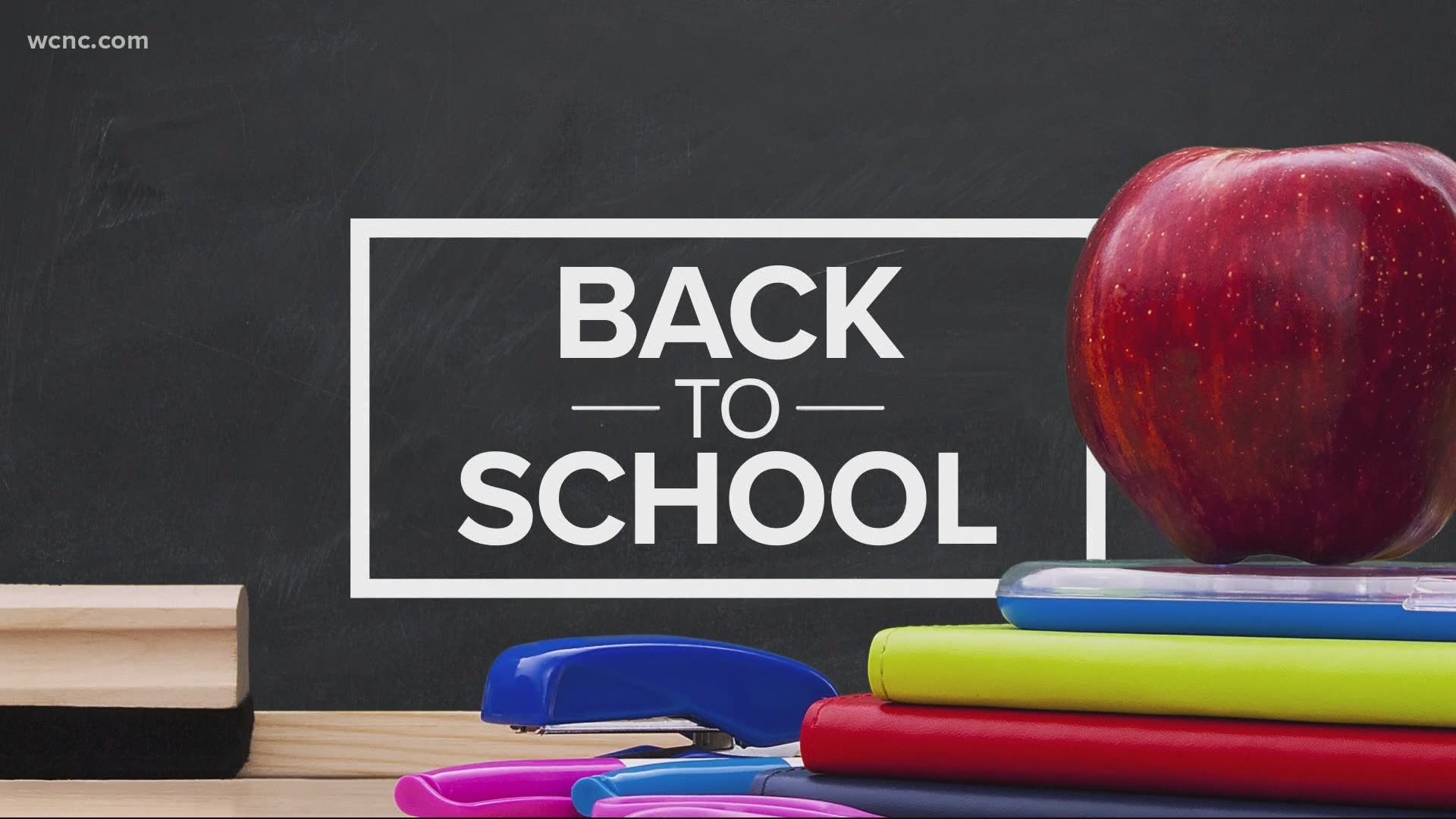CHARLOTTE, N.C. — A Charlotte family whose son has autism says Charlotte-Mecklenburg Schools' reopening plan that includes a transition to full remote learning could lead to major developmental problem for their child and others similar to him.
At 11 years old, Carl Abercrombie is less of a talker and more of a problem solver. And while his problem today might be getting the cookies on the top shelf, his parents' problem isn't so sweet: they have to figure out how to stop their son's development from crumbling this school year.
“They’ve sacrificed mental health for many children’s physical health,” said Carl’s father, Steven.
Carl is autistic, and for years, the Abercrombies have gone to great lengths to make sure Carl keeps up with kids who have developed more typically. But the Abercrombies know remote learning won’t be one of them.
“We have a hard time getting him to spend more than five minutes talking to his grandparents over Skype,” Steven Abercrombie said.
Carl, like thousands of other CMS students, has an individualized education plan. Children with IEPs often rely on special services that you can only get in person at school.
Abercrombie, who is a student himself, said his son does best when he is in an environment with special needs educators and people with more experience in the field
“I know my child and I feel like I’m an expert in my child but I’m not an expert in special needs teaching practices,” Abercrombie said.
The family began petitioning the district and their local school to find out if Carl will be able to resume his special services this fall. So far, they’ve had no luck.
“They’re not providing equal education for many special needs families,” he said.
CMS has not provided any provisions that would exempt special needs students from the virtual learning required under the district’s Plan B-plus remote reopening guide.
CMS Board Chair Elyse Dashew told parents at a virtual town hall earlier this month that recognizes the challenges special needs children will face, saying she intends to push the rest of the board to consider making exceptions for those children.
“My hope is that for some services that cannot be provided remotely, we can if the parents agree, bring them into the schoolhouse to meet with the teachers,” Dashew said.
But the Abercrombies said they’ve been told by their son’s new teachers that they “have no freedom to accommodate special needs students in any way differently the regular students.”
In the interim, Carl, who is mostly non-verbal, has begun to regress.
“We’ve had a lot of yelling around the house, we’ve had a lot of yelling,” Abercrombie said. “He needs socialization.”
Abercrombie said he will continue to try to do what’s best for his son, but he wishes that CMS would do the same.

